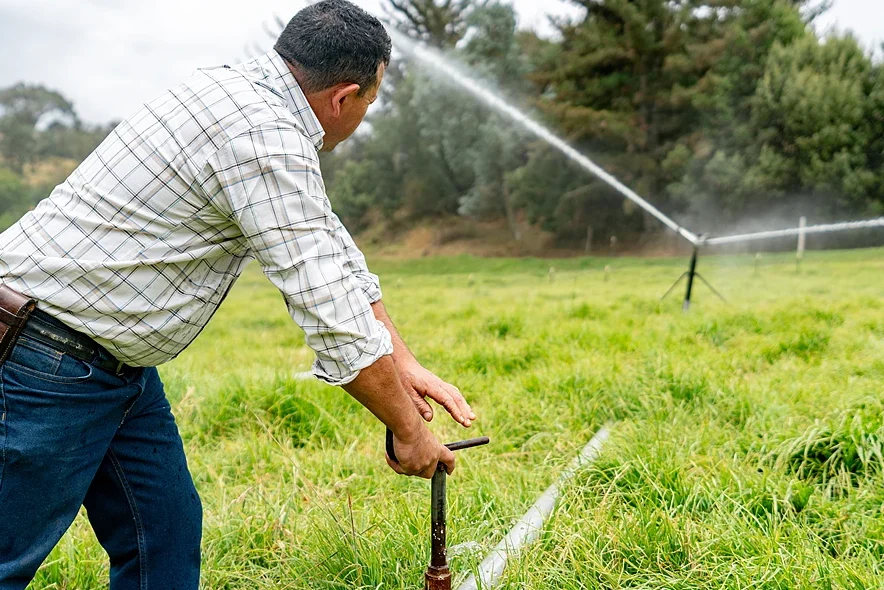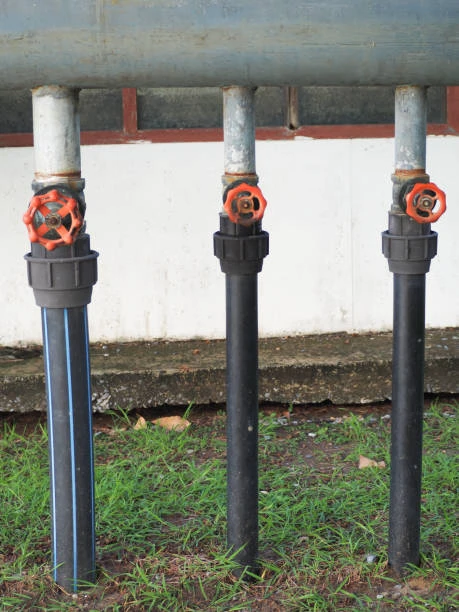Introduction
A recent incident in Lemmon Valley has underscored the vulnerabilities of residential areas to infrastructure failures, particularly water pipe breaks. When a water pipe breaks, it can lead to severe flooding, causing significant damage to homes and disrupting the lives of residents. This article explores the causes, impacts, and preventive measures regarding water pipe breaks, specifically focusing on the recent flooding incident in Lemmon Valley.

Understanding Water Pipe Breaks
What Is a Water Pipe Break?
A water pipe break occurs when a pressurized water line ruptures, leading to uncontrolled water flow. This can result in significant flooding, especially in residential areas where pipes are buried beneath streets and yards.
Common Causes of Water Pipe Breaks
- Aging Infrastructure: Many water systems across the United States are decades old, with materials that may not withstand modern demands.
- Temperature Changes: Extreme temperature fluctuations can cause pipes to expand and contract, leading to stress and potential breaks.
- Soil Movement: Shifting soil, often due to construction or natural settling, can place undue pressure on pipes, resulting in failures.
- High Water Pressure: When water pressure exceeds the pipe’s capacity, it can lead to ruptures.
- Corrosion: Over time, pipes can corrode due to chemical reactions in the water and the surrounding soil, weakening their structure.
The water pipe Lemmon Valley Incident
Overview of the Incident
Recently, a water pipe break in Lemmon Valley caused extensive flooding, affecting numerous homes and forcing residents to evacuate. The floodwaters inundated streets, yards, and basements, resulting in property damage and emotional distress for those impacted.
Immediate Consequences
The immediate aftermath of the water pipe break saw emergency responders working tirelessly to mitigate the flooding. Firefighters, police, and local officials coordinated efforts to ensure the safety of residents, while also assessing the damage.
Disruption of Daily Life
The flooding disrupted daily routines for many families. Residents faced water damage, loss of personal belongings, and significant inconvenience as they dealt with the aftermath. Access to clean water was cut off, and many households were left without basic utilities.
Health and water pipe Safety Concerns
Potential Health Hazards
Floodwaters can pose serious health risks. Standing water can harbor bacteria and other pathogens, increasing the risk of waterborne diseases. Additionally, flooding can lead to mold growth, which poses respiratory risks for residents.
Safety water pipe Measures Taken
Local authorities implemented safety measures, including public health advisories, to inform residents of the potential hazards associated with floodwaters. Residents were advised to avoid contact with the water and to seek assistance if they experienced health issues.
water pipe Economic Impact
Property Damage
The economic impact of the water pipe break extends beyond immediate damage to homes. Many residents face costly repairs and potential displacement, leading to financial strain.
Local Businesses
Flooding can also disrupt local businesses, leading to loss of income. Businesses that rely on foot traffic may experience significant drops in customers, further impacting the local economy.
Municipal Costs
Local governments may incur substantial costs associated with emergency response efforts, repairs, and infrastructure improvements. These costs can strain budgets and delay other essential services.
water pipe Preventive Measures
Regular Maintenance and Inspection
One of the most effective ways to prevent water pipe breaks is through regular maintenance and inspection of the water infrastructure. Municipalities should prioritize identifying and addressing potential weaknesses in their systems.
water pipe Infrastructure Upgrades
Investing in modern materials and technology can significantly reduce the risk of water pipe breaks. Upgrading aging systems to meet current demands can enhance the overall resilience of the water supply network.
water pipe Public Awareness Campaigns
Educating the public about the importance of reporting leaks and unusual changes in water pressure can aid in early detection of potential issues. Residents should feel empowered to communicate with local authorities about their concerns.
water pipe Emergency Response Plans
Developing comprehensive emergency response plans is crucial for managing the aftermath of a water pipes break. These plans should outline clear protocols for communication, evacuation, and resource distribution to affected residents.
Conclusion
The recent water pipes break in Lemmon Valley serves as a reminder of the vulnerabilities inherent in aging water infrastructure. Understanding the causes, impacts, and preventive measures can empower communities to take proactive steps toward protecting themselves from similar incidents in the future. Regular maintenance, infrastructure upgrades, and public awareness are vital components in reducing the risk of water pipes breaks and mitigating their impacts.
FAQs
1. What should I do if I see water pooling in my neighborhood?
If you notice water pooling in your area, report it to your local water authority as soon as possible. Provide details about the location and any observations regarding the source of the water.
2. How can I prevent water damage in my home?
To prevent water damage, ensure that your plumbing is regularly inspected and maintained. Additionally, be proactive in addressing leaks and water issues as soon as they are noticed.
3. What are the signs of a water pipes break in my home?
Signs of a potential water pipes break include sudden drops in water pressure, water stains on walls or ceilings, and unusual sounds in the plumbing system. If you notice any of these signs, it’s essential to investigate further.
4. How do I protect my property during a flood?
To protect your property during a flood, consider elevating essential appliances and utilities, using sandbags to redirect water flow, and ensuring that your insurance covers flood damage.
5. What resources are available for those affected by flooding?
Residents affected by flooding may find assistance through local government programs, non-profit organizations, and disaster relief services. It’s important to reach out to these resources for support and guidance in recovery efforts.


















